|
For many people of color, self-hate begins before we have even the proper words for it. When my grandmother took me to buy my first baby doll, she steered to the little section of curly-haired, deeply-browned skinned toys. I stared at the humble rows of plaited, kinky curls and flat noses, at the unblinking brown eyes and full mouths that were like mine, and I felt shame. “I don’t want these,” I said. ”Why?” she replied, clearly perplexed. ”.... Because black dolls are ugly.” My experience, though heartbreaking and harrowing, is not unique. Even now, despite the world’s new appreciation for black and brown culture, for our endless contributions, for the need for better representation, the children I serve in urban education still avoid the brown crayons in their crayon boxes. “Peach is better than brown,” one of my fourth graders once remarked, her head bent over a scribbled portrait of herself. A Ghanian girl holding her two white baby dolls. The world at large teaches people of color that there is “good” and “bad” hair. That rich, dark skin is not a marker of beauty but of savagery. These ideals are deeply ingrained in people of color. Currently, movements to include black and brown people in the beauty narrative is not simply a sign of changing times but also a necessity. To undo hundreds of years of self-hate is no small feat. The Sims, and any other video game that allows a person to create a character in their own image, can be likened unto the baby doll section of a toy store. People of color stare at the rows of skin tones available to them and, finding none that really represent them, subconsciously swallow a difficult fact: that the companies people of color financially support still don’t give half a damn enough about representation to get it right the first time. How can a child, dark-skinned and unaware of their own rich loveliness, look at a Sim meant to represent them and feel seen, feel beautiful, when the darkest skin tone available to them appears as ashy and translucent as poorly painted cellophane? It’s only a game, perhaps. This is what many detractors pose. But what is represented in the media, the medium we all consume in gargantuan amounts each day, deeply affects the self-esteem, self-image, and self-love of people of color for the rest of their lives. It allows people who do not share the plight of poor representation to continue ignoring what is obvious: that people of color exist and that their representation matters. Weeks ago, Sims 4 announced that, amid mounting social pressure, that they would finally improve the skin tones available in base game. This was an issue long assailed by black Simmers everywhere, but in the wake of intensifying Black Lives Matter movements and the murders of George Floyd and Breonna Taylor, EA could no longer turn a blind eye to the adamant wishes of its players. This, of course, says a lot about the composition of the decision-making powers that be. I find it unlikely that a person of color would have green-lighted the terrible tones in the first place. To truly amend and avoid such missteps in the future, it’s imperative that EA ensures that people of color always have a seat at the decision-making table. September 23rd, 2020, the SimGurus finally, formally announced that improved skin tones would hit Sims 4 PC games on October 6th and console games November 10th. But this is not all. In December, Sims 4 will roll out over 100 new skin tones, a skin tone slider, and a makeup slider. Why not stop at just skin tones? Skin is a tricky beast. Two people can be of the same color but have different undertones. That is— not all browns are created equal. One can be “brown” with a rich, coppery red undertone, a sunny yellowed undertone, or a cooler, darker undertone. And this to say nothing of the shimmering beauty that can be called black. The darkest of us can be so stunningly black that we appear to glow, a jaw-dropping blue-black appearance the color of midnight, or even a smooth inky blackness that seems a near impossibility. A slider addresses the variations in skin undertones. Including a make-up slider corrects the lipstick, eye shadow, and blushes that often clashed garishly with darker skin tones, These tones, currently, do not exist in Sims 4. The darker skin tones lack the required richness and intensities of those observed in real life. I’ve written a fantasy book that involves a cast almost entirely of people (beings?) of color. Last November, I finally sat down to create my beautiful dark-skinned elf, Malakai. I was shocked when the darkest skin available to me was closer to gray, What was supposed to be my brand new black beauty became more closely akin to the living dead. This was disheartening to say the least. If you haven’t been following, allow me to reiterate why this matters. Such blatant disregard for the inherent beauty of blackness and brownness communicates a lack of understanding about the gravity of the situation at hand. Even as Jovan of Sims Community broke the story, he faced the mindless trolling comments of unabashed White Supremacists. Jovan, rightly, told the user where to go with their racism. I was prone to believe the comment the off-handed, micro-aggression I’ve grown deeply used to in my daily life, but a quick peek into the offender’s feed showed me differently. White supremacy is real. But this is an article for another day.
If nothing else, remember this: people of color everywhere are striving to reclaim their beauty, their self-worth, their self-love. Games, and all media for that matter, must do their part to support this reclamation. Dismantling self-hate must be an intentional act, an act in which we must all take part. Go forth, happy Simming, and love yourself.
1 Comment
12/30/2020 06:12:30 am
The movement of Sims 4 expanding the colors of the skin of their characters has a huge impact on people of color. Not many people will understand how important this is because they lived their whole lives seeing themselves in these video games. However, for someone like me who is a person of color, it makes me emotional that we are finally getting the representation we deserve. It may have taken a lot of time, but progress is progress. I hope that this is the start for people of color to have more representation in the media.
Reply
Leave a Reply. |
Categories
All
Archives
July 2024
Archives
July 2024
Yeah, it is an ad, want to help keep them off our site? Become a Simmer Supporter! |

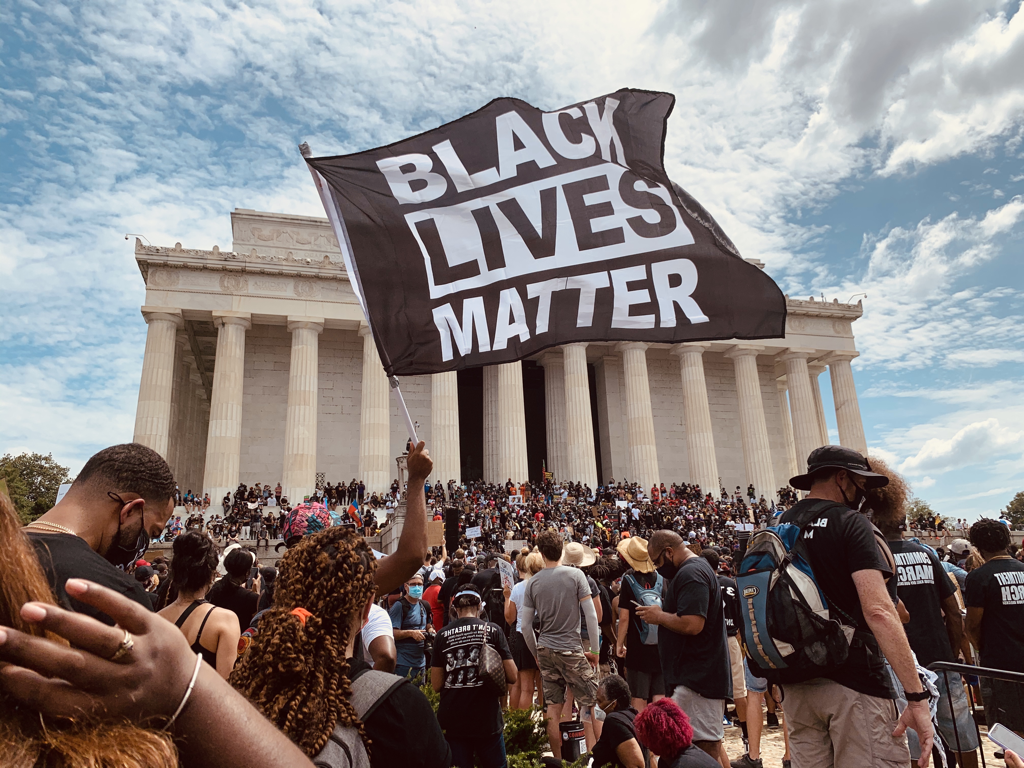

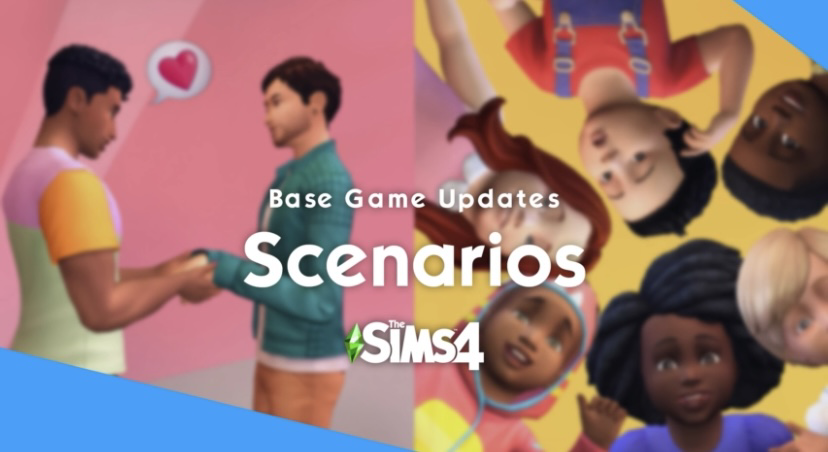
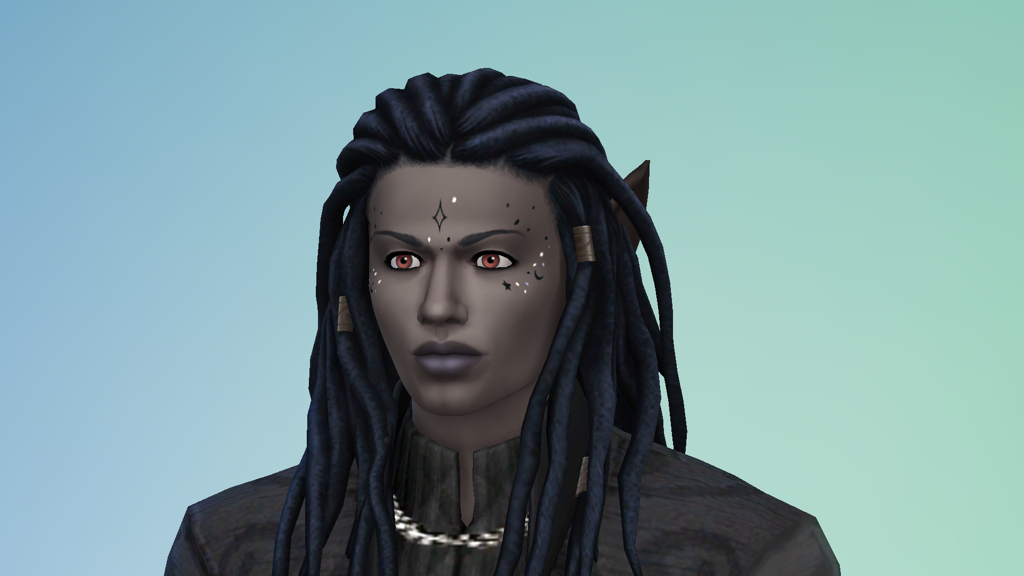


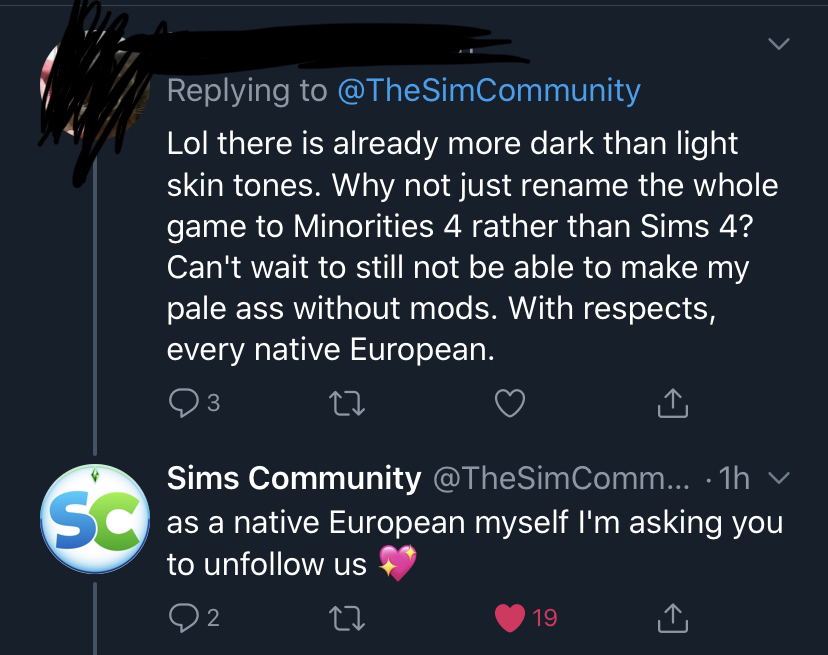

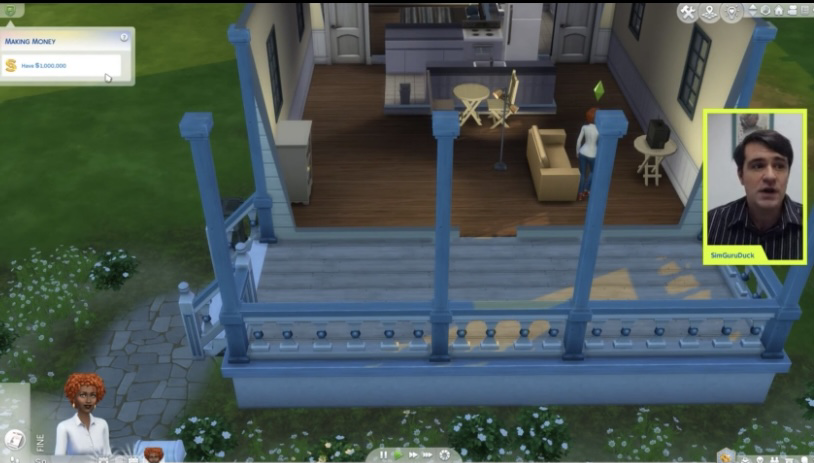


 RSS Feed
RSS Feed